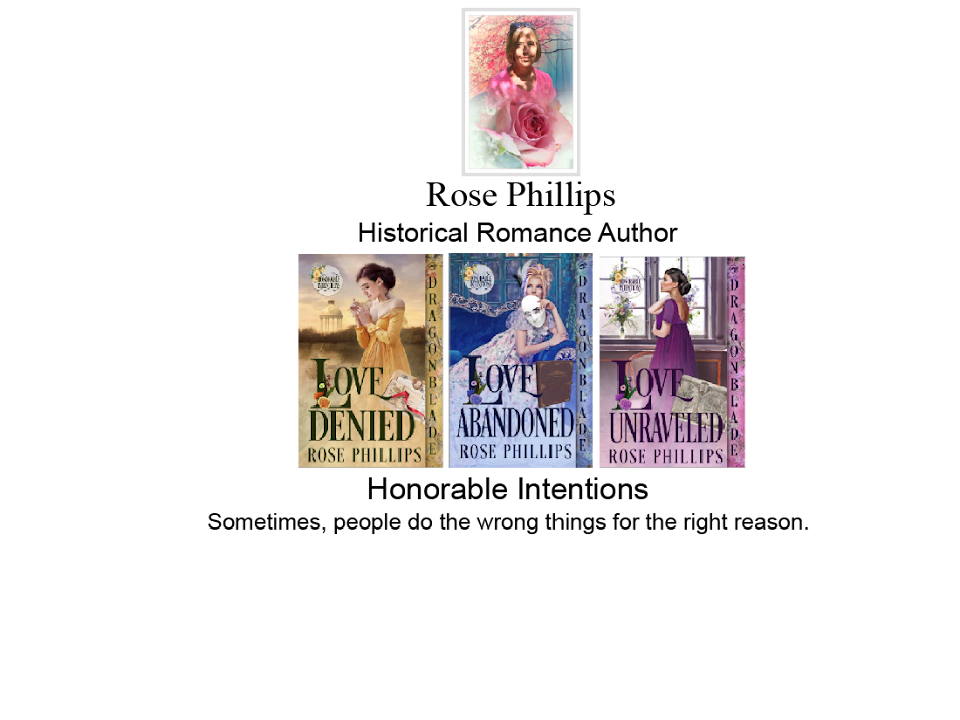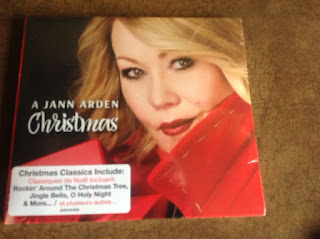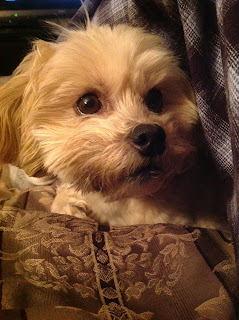When I was young, I lived near Saint-Marie among the Hurons. Anytime
someone came to visit, we brought them to this historical recreation of the
mission that existed on that site in the 1600s. I experienced the village time
and again, soaking in the atmosphere and the sense of history. Even as a child,
I felt a presence there and a comforting connection. I still do.
When we moved back to Newfoundland, I asked for snowshoes and a hatchet. I spent
many a day trampling through the forest and dreaming at the base of the mountain.
I would imagine I was living in the time of the Ouendat, that I was one of
them. I think I have always craved a simpler time. Certainly, a more peaceful
time than the angst of those teen years.
I happily lived in my illusory bubble until I found a tattered old book about the princess of Terra Nova. It told the true story of the life and death of Shanawdithit—the last surviving Beothuk. A tragedy so heartbreaking that I set my romantic images of the time aside, and replaced them with a lifelong fascination with the intersection in history of Indigenous peoples and Europeans.
I happily lived in my illusory bubble until I found a tattered old book about the princess of Terra Nova. It told the true story of the life and death of Shanawdithit—the last surviving Beothuk. A tragedy so heartbreaking that I set my romantic images of the time aside, and replaced them with a lifelong fascination with the intersection in history of Indigenous peoples and Europeans.
In Raven's Path, I had a chance to capture some of
my thoughts and feelings. I both vilify and glorify the tribes as well as the
Europeans, because that is the essence of all humanity. We cannot neatly
categorize any culture despite our continual efforts to do so. Purity and evil
do not exist as white and black within any nation. Some humans bear a darker stain
than others. Some carry the light. Mostly, we're just grey, neither fully
good, nor truly bad. We are all people who dream and desire, who laugh and cry,
who hate and love.
Raven is born of my wonderings about those who are
lost between cultures. How many children were born because of the strangers
that wandered these lands? How did they straddle two worlds? Did they feel like
they belonged to anyone? What heritage did they embrace? Eventually the Métis
would give many a sense of identification but, by the original definition, the
father was European. What if it was reversed and the father was Indigenous and
the mother European?
My explorations into the past, both through
historical research and fictional experimentation, have also heightened my
awareness of Indigenous peoples today. I am excited to live on a new coast. I
have much to learn about the tribes here. I am anxious to hear each band's
story. But, I am saddened almost daily by the news. The history of abuse. The
missing women. And, I am reminded that my life here has come at a cost to
many—and that the price is still being paid.
So, I can lose myself in the adventure and romance of the past when I write.
That is okay. But, I also have an obligation to think about the atrocities
buried in our history, that echo in the harsh reality of today. I must not
forget whose land I walk upon and I must question what my role is now, in a modern
world. What can I do? What can we do?
How can we balance the scales of injustice?
It is a question I ponder. It is an answer I have
not yet found.





















